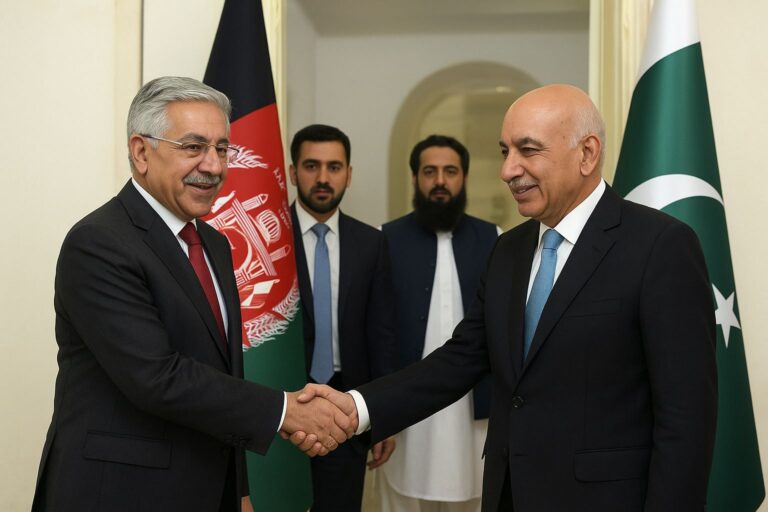
Pakistan’s Interim Minister for IT and Telecommunications, Dr. Umar Saif, announced that there is promising news on the horizon for PayPal and Stripe payment gateways in Pakistan in the upcoming weeks.
In discussions about the growing freelancing community in the country, Dr. Saif emphasized the need for efficient payment solutions. He shared that they have engaged in conversations with PayPal, Stripe, and Wise, presenting their case to these platforms.
While acknowledging some concerns, including those related to FATF compliance, Dr. Saif expressed optimism about positive developments. He anticipated that within four to six weeks, there would be positive updates regarding PayPal and Stripe’s availability in Pakistan, offering valuable services to the freelancers.
Dr. Saif highlighted that approximately 1.5 million Pakistanis are engaged in IT freelancing, making the country the second-largest online workforce globally. However, the lack of necessary infrastructure has been a hindrance to their growth. Through the E-Rozgar program, they plan to provide interest-free loans to the private sector and establish co-working spaces for 500,000 individuals.
Furthermore, they are collaborating with the Higher Education Commission (HEC) to introduce standardized tests for IT graduates, ensuring they meet industry requirements.
Dr. Saif also mentioned the significance of Pakistan’s IT sector, comprising around 19,000 companies, providing employment to 150,000 people and contributing approximately $2.5 billion in official exports. He acknowledged that many IT companies maintain their foreign exchange reserves outside the country due to restrictions on repatriation of US dollars.
Efforts have been made to address this issue by allowing companies to retain 50% of their revenue in US dollar accounts and providing corporate debit cards for international transactions. The State Bank of Pakistan (SBP) has increased the permissible retention limit of IT exporters, simplifying fund utilization.
Dr. Saif anticipates that these measures will encourage IT companies to bring their reserves into Pakistan, potentially boosting IT exports to $3.5-4 billion. However, he also emphasized the shortage of skilled IT professionals in the country.
In collaboration with the HEC, a standardized IT graduate test will be introduced, followed by mandatory apprenticeships for successful candidates. This initiative aims to bolster the local IT industry.
Dr. Saif highlighted the potential for Pakistani IT companies, as seen during his visit to the UAE for the GITEX conference. He also stressed the importance of government support for investments in the startup sector and the forthcoming launch of the Pakistan Startup Fund.
Additionally, efforts are underway to initiate the auction of 5G spectrum, and a cell phone financing scheme is in the works to establish a market for high-end phones in Pakistan. Dr. Saif mentioned plans to enhance cybersecurity and protect against online data theft by establishing a cybersecurity authority in the coming months.




